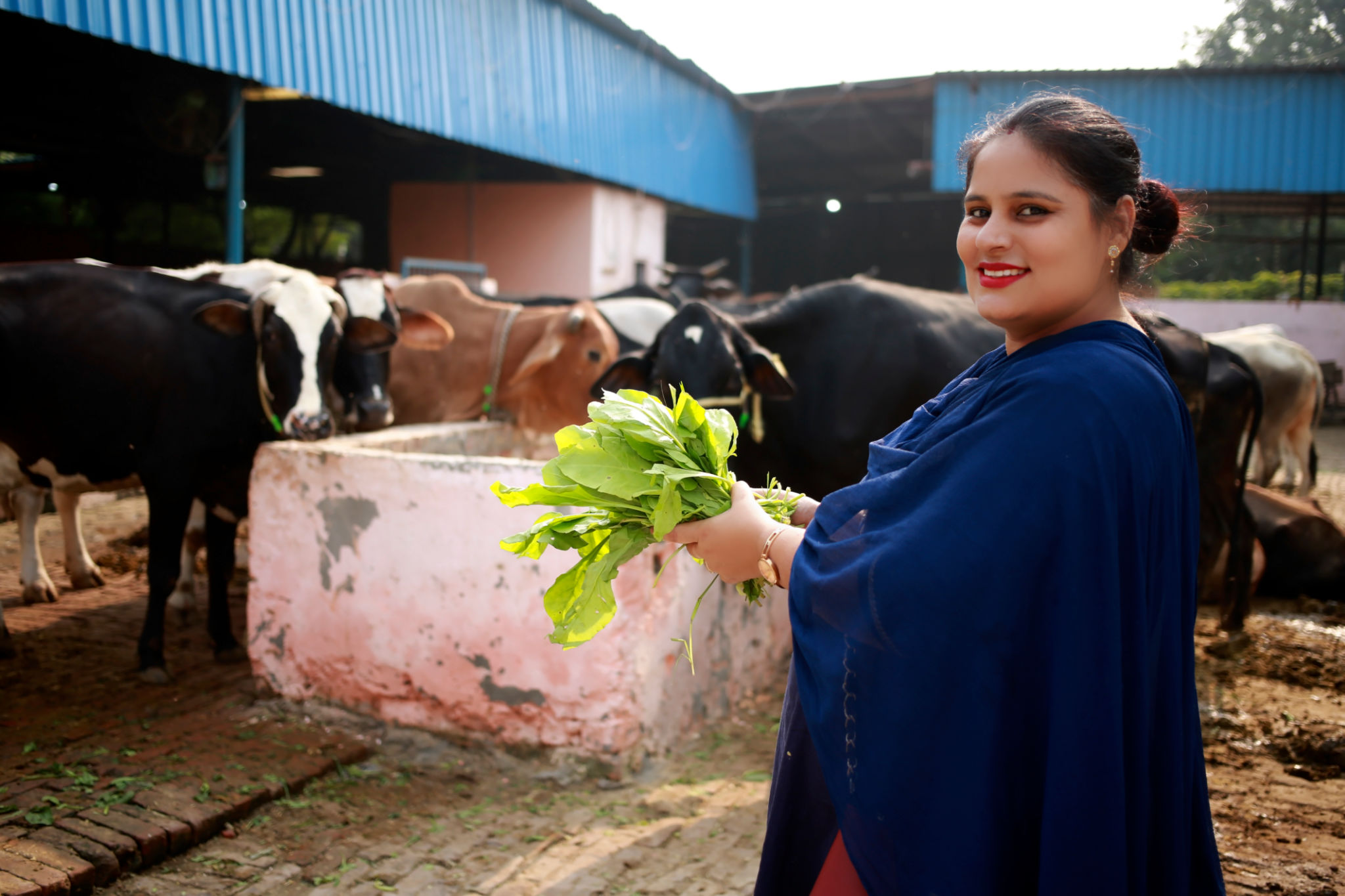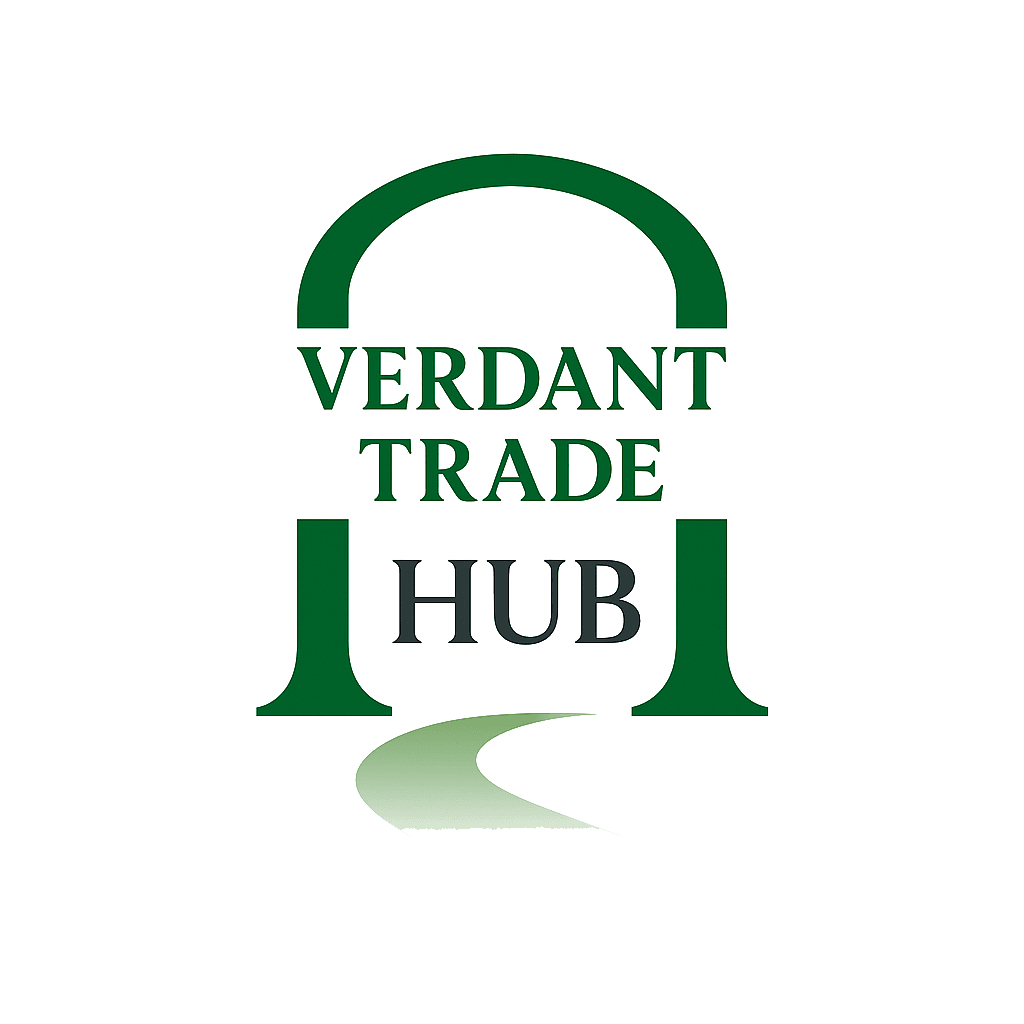Sustainable Farming Practices: The Backbone of Ethical Sourcing
The Importance of Sustainable Farming Practices
Sustainable farming practices are becoming increasingly crucial in our world today, as they ensure the health of our ecosystems while supporting the livelihoods of farmers. By focusing on methods that replenish the earth, rather than deplete it, sustainable farming plays a vital role in maintaining the balance between agricultural production and environmental conservation.
One of the key principles of sustainable farming is the use of natural processes to enhance productivity. This includes crop rotation, agroforestry, and the use of organic fertilizers. These methods not only increase crop yield but also improve soil health and biodiversity. Implementing sustainable farming practices is essential for ethical sourcing, ensuring that the food we consume does not come at the expense of our planet’s future.

The Role of Ethical Sourcing
Ethical sourcing is all about making responsible decisions when it comes to purchasing goods and services. For agricultural products, this means ensuring that they are produced in ways that are environmentally sustainable and socially responsible. By prioritizing ethical sourcing, companies can support farmers who implement sustainable practices, thereby encouraging a more equitable food system.
Consumers play a significant role in driving the demand for ethically sourced products. As awareness grows, more people are looking for transparency in how their food is produced. This has led to a rise in certifications such as Fair Trade and Rainforest Alliance, which assure consumers that products meet specific ethical standards.

Benefits of Sustainable Farming
There are numerous benefits to sustainable farming practices, both for the environment and for society. For the environment, these practices help reduce pollution, conserve water, and enhance soil fertility. They also promote biodiversity by creating habitats for various species and reducing reliance on chemical inputs.
For farmers and communities, sustainable farming can lead to improved food security and economic stability. By using resources more efficiently, farmers can reduce their costs and increase their resilience to market fluctuations and climate change. Additionally, sustainable practices often lead to healthier working conditions and stronger communities.

Challenges and Solutions
Despite the clear advantages, adopting sustainable farming practices presents several challenges. These include initial costs, knowledge gaps, and market access. However, there are solutions available to overcome these barriers. Governments and organizations can provide financial incentives and technical assistance to farmers transitioning to sustainable methods.
Education and training programs are essential to bridge knowledge gaps and equip farmers with the skills needed to implement sustainable practices effectively. Additionally, creating markets for sustainably produced goods can incentivize more farmers to adopt these practices.
The Future of Farming
As we look to the future, it is clear that sustainable farming will play an increasingly important role in our food systems. Embracing these practices is not only crucial for protecting our planet but also for ensuring a stable and secure food supply for future generations.
The integration of technology in agriculture is also paving the way for more efficient and precise farming methods. From precision agriculture to vertical farming, innovations are emerging that promise to enhance sustainability while meeting the demands of a growing global population.

In conclusion, sustainable farming practices are indeed the backbone of ethical sourcing. By supporting these practices, we can create a food system that is both environmentally responsible and socially just. As consumers, businesses, and policymakers continue to champion sustainability, we can look forward to a future where agriculture and nature thrive together.
